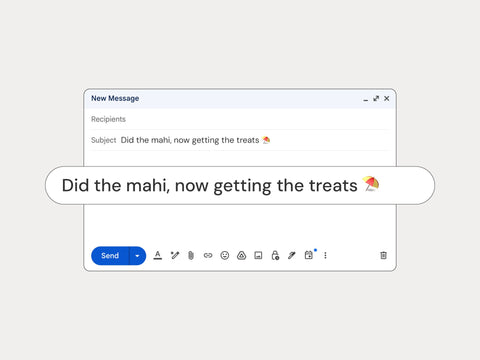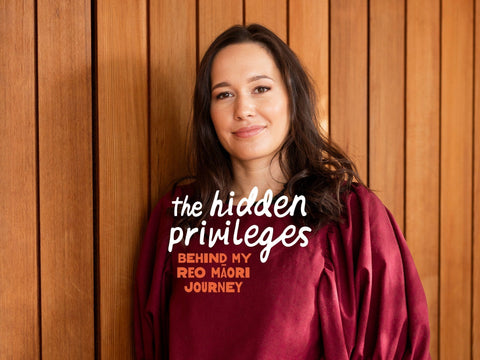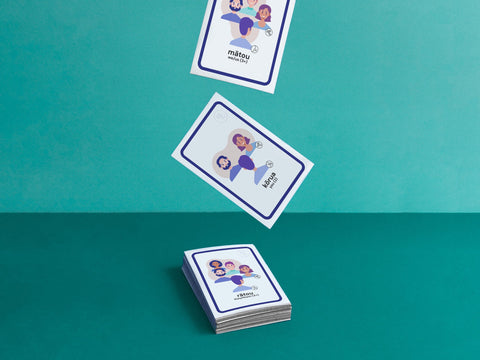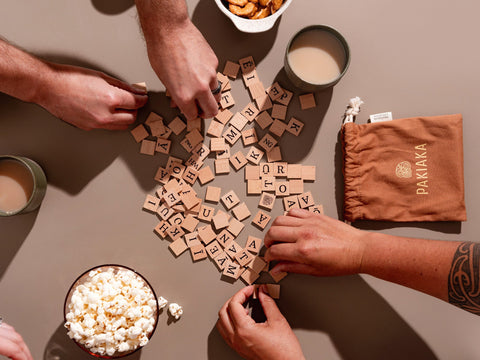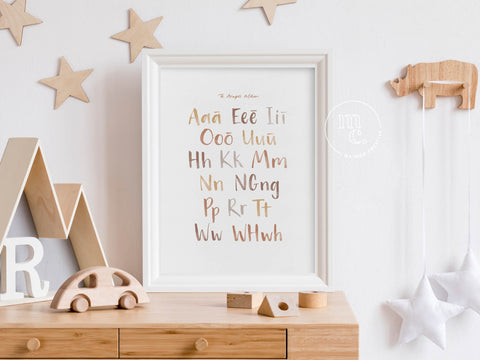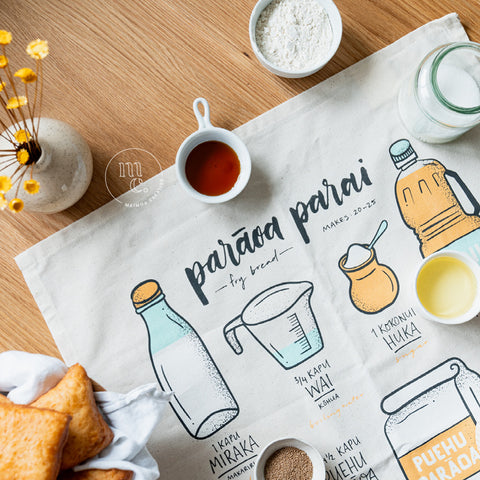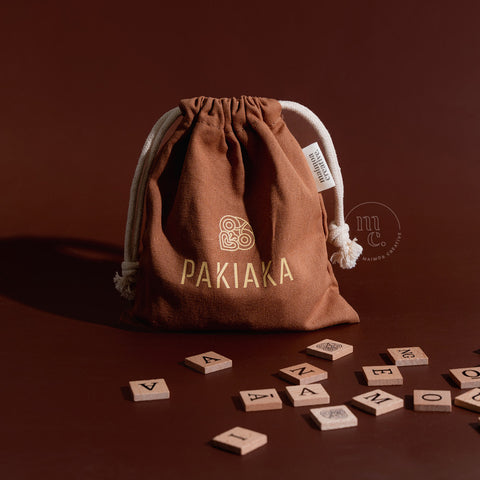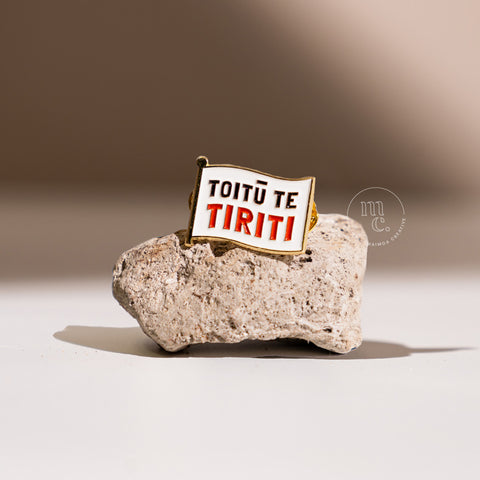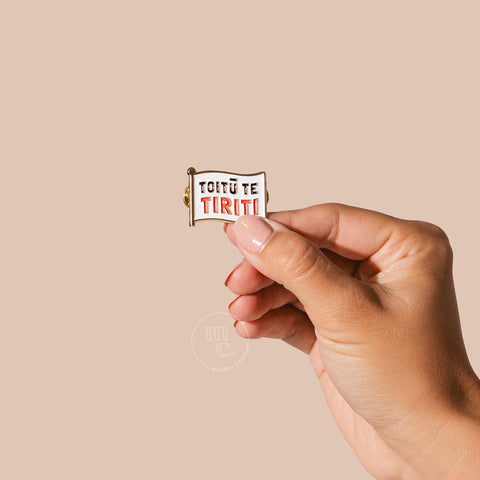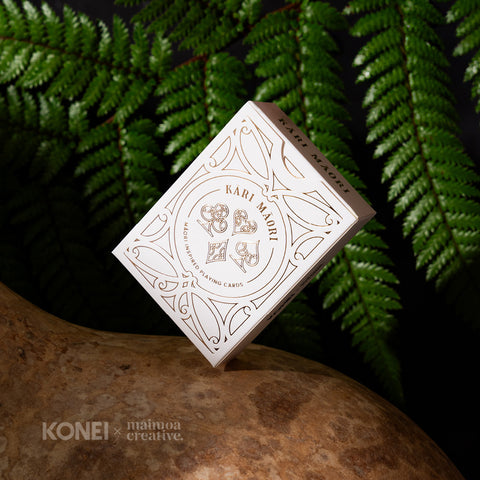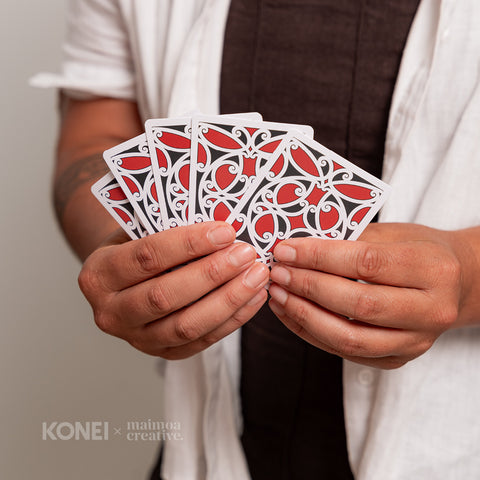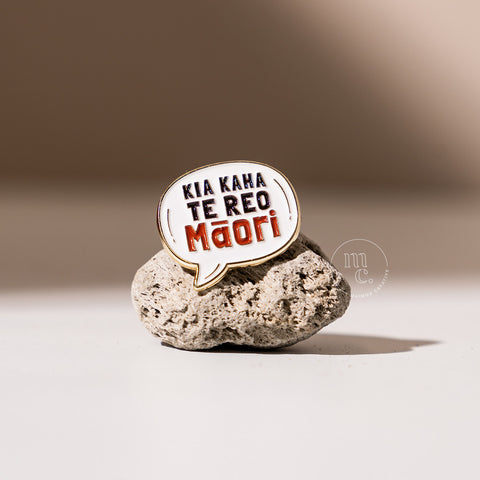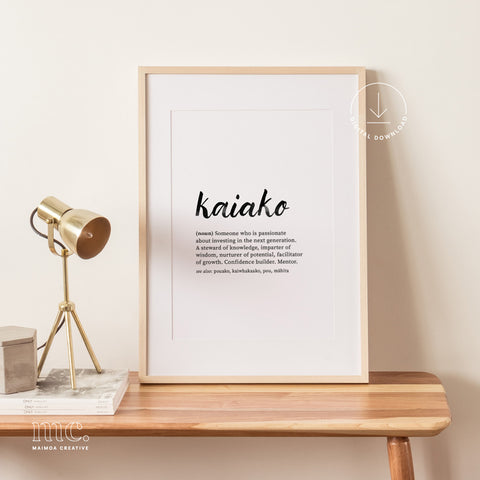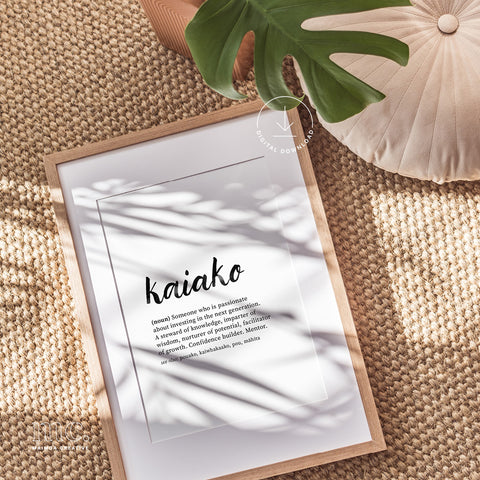Learning a language as an adult is tough. Learning te reo Māori as part of your reclamation journey is even tougher. And learning te reo Māori as a non-Māori also comes with its own challenges. You aren't just learning a language — you are tapping in to the essence of a culture and another perspective of our world.
In this guide I offer a few of my top tips for learners of te reo Māori based off my own reclamation journey 🖤
Know your capacity ⚖
Learning a language is a big commitment, and one that will require sacrifices. It's important to know how your learning journey will fit in with your life, and what changes/sacrifices you may have to make in order to make it an enjoyable and worthwhile experience. Taking a whole year off work to do a full immersion course might not be an option for you, but that's OK! There are many other options for you to consider, e.g. free night classes at Te Wānanga o Aotearoa, online classes, part‑time study, short courses...the main thing is to know your limits and what is achievable with your circumstances, and go from there. Every effort counts.
Check out a list of options for learning here, or '10 Resources for Beginners Learning Te Reo Māori From Home'.
Set realistic expectations ✔
Be patient, and be kind to yourself. If things don't click as fast as you'd hoped, kei te pai ‑ don't stress. Learning a language as an adult is very mentally draining, and it's important to not get discouraged with slow progress. Slow progress is still progress! Instead of focusing on what you DON'T know yet, shift your focus to what you DO know, and what you HAVE learnt 😉
Nail the basics 💪🏽
Knowing the basics well is key to being confident moving forward. Vowel sounds ✔ Personal pronouns ✔ A/O category ✔ Sentence structures ✔
Don't brush past the basics! Set a strong foundation for yourself, so every time you add to your kete mātauranga (basket of knowledge), it won't fall apart or become weak 💪🏽
Check out @everydaymāori by Hēmi Kelly for some helpful resources and videos for learning te reo Māori.
Be open to unlearning 🤯
Fact: unlearning is harder than learning.
It requires a lot more effort on your brain's behalf to retrain the muscle memory of repeatedly hearing the incorrect pronunciation of Māori place names and words. There may be times where you trip up and revert back to the wrong way of pronouncing a Māori word, but kei te pai, just recorrect yourself and carry on 😎
Embrace mistakes 🤪
Hate to break it to you, but there is absolutely NO WAY to avoid making mistakes when learning a language...it's all part of the journey, and the best way to cope is to embrace them, laugh off the embarrassing ones, learn from them, and carry on. If you're making mistakes it means you're giving it a go, and that's what counts.
Don't forget tikanga 🙏🏾
Learning a language isn't just learning a new alphabet, set of sounds, words and sentence structures. Ko te reo Māori te tatau ki te ao Māori ‑ the Māori language is the doorway to the Māori world‑view 🌎 The language and culture are intertwined. Make sure you place just as much importance on learning tikanga (Māori customs) and karakia and waiata as you do grammar structures, because at the end of the day a language is just a shell if there is no culture.
Always come back to your 'why' 🖤
Even though I still often stumble through my sentences, my ngākau is so full knowing that my tamariki can grow up surrounded by their language and culture, feeling grounded in themselves and where they come from. Making the decision to go study my reo as an adult was not just for me, but for the generations that follow me. To ensure the reo not only survives, but thrives.
Whatever your why is, always remind yourself of it as an encouragement when times get tough or overwhelming. Seeing the bigger picture can help pull you through.
Embrace all the emotions along the journey 😭🤯🤓🤔😫🥺😲🥴
When it comes to Māori reclaiming their reo ‑ there are so many complexities and layers of emotions and generational trauma that can become a block to learning. It's important to acknowledge all the emotions that come up during your reclamation journey. For some, it might be guilt. Others sadness. Anger. Shame. Fear. Inadequacy. Or all of the above. Whatever it is ‑ feel it. But don't let it be the reason you give up.
For non‑Māori in learning spaces with other Māori ‑ it is important to recognise that your learning experience will be significantly different to that of a Māori going on their reclamation journey. Please be mindful of this. Be sensitive, and be humble 🙏🏾
—
"Ko tōku reo tōku ohooho, ko tōku reo tōku māpihi maurea."
My language is my awakening, my language is the window to my soul.
- Sir Tīmoti Kāretū



